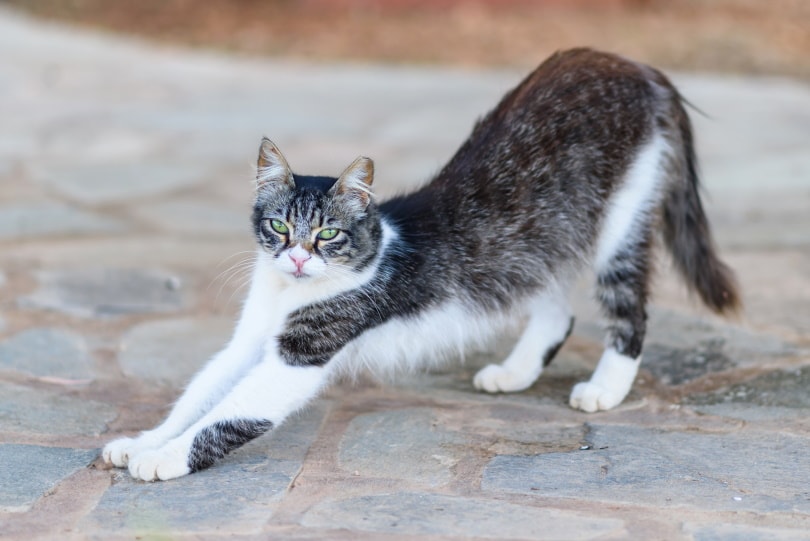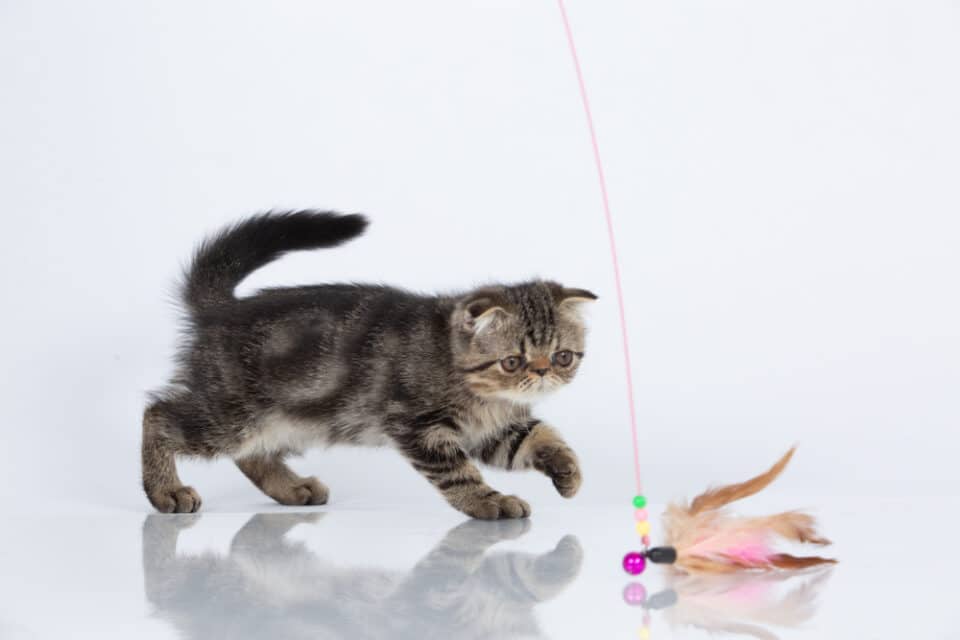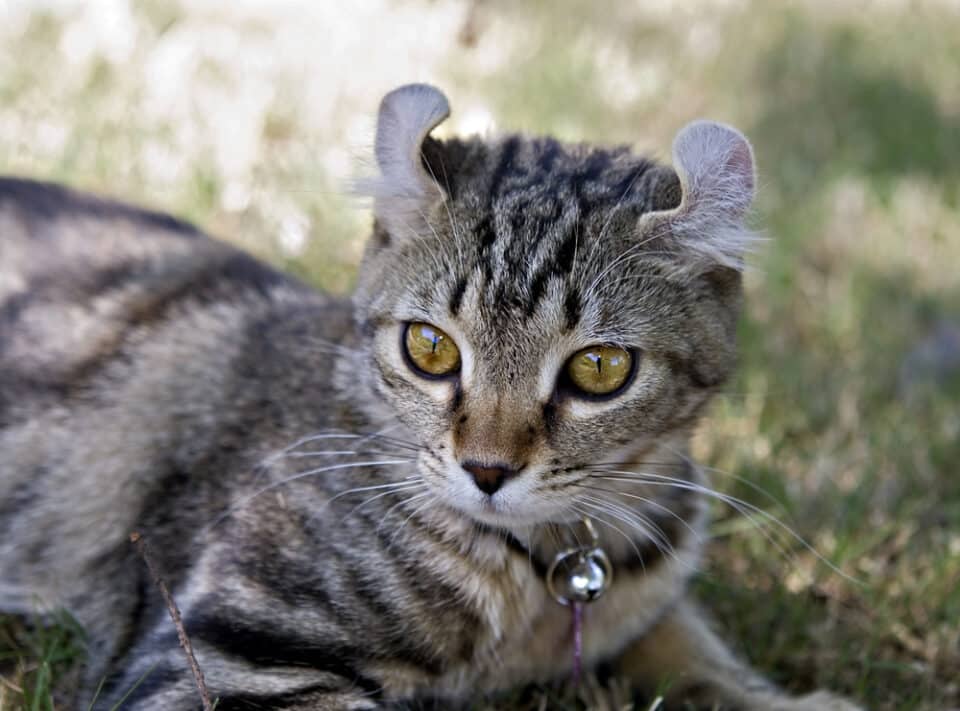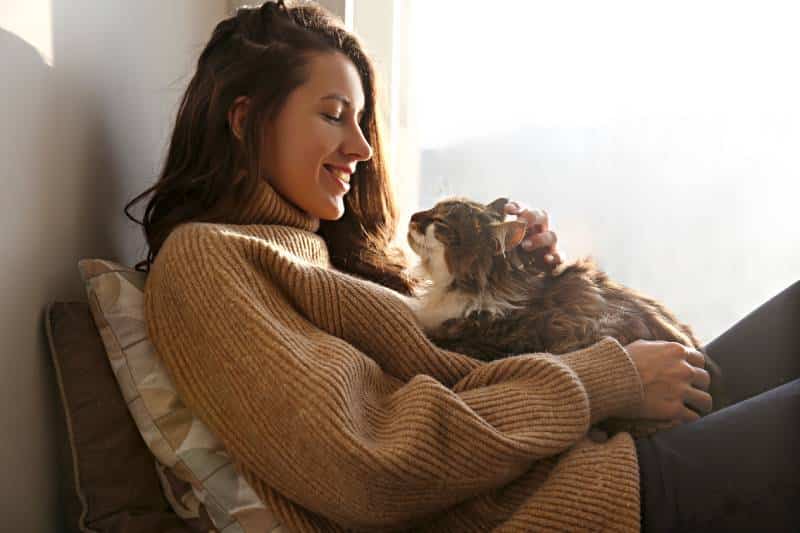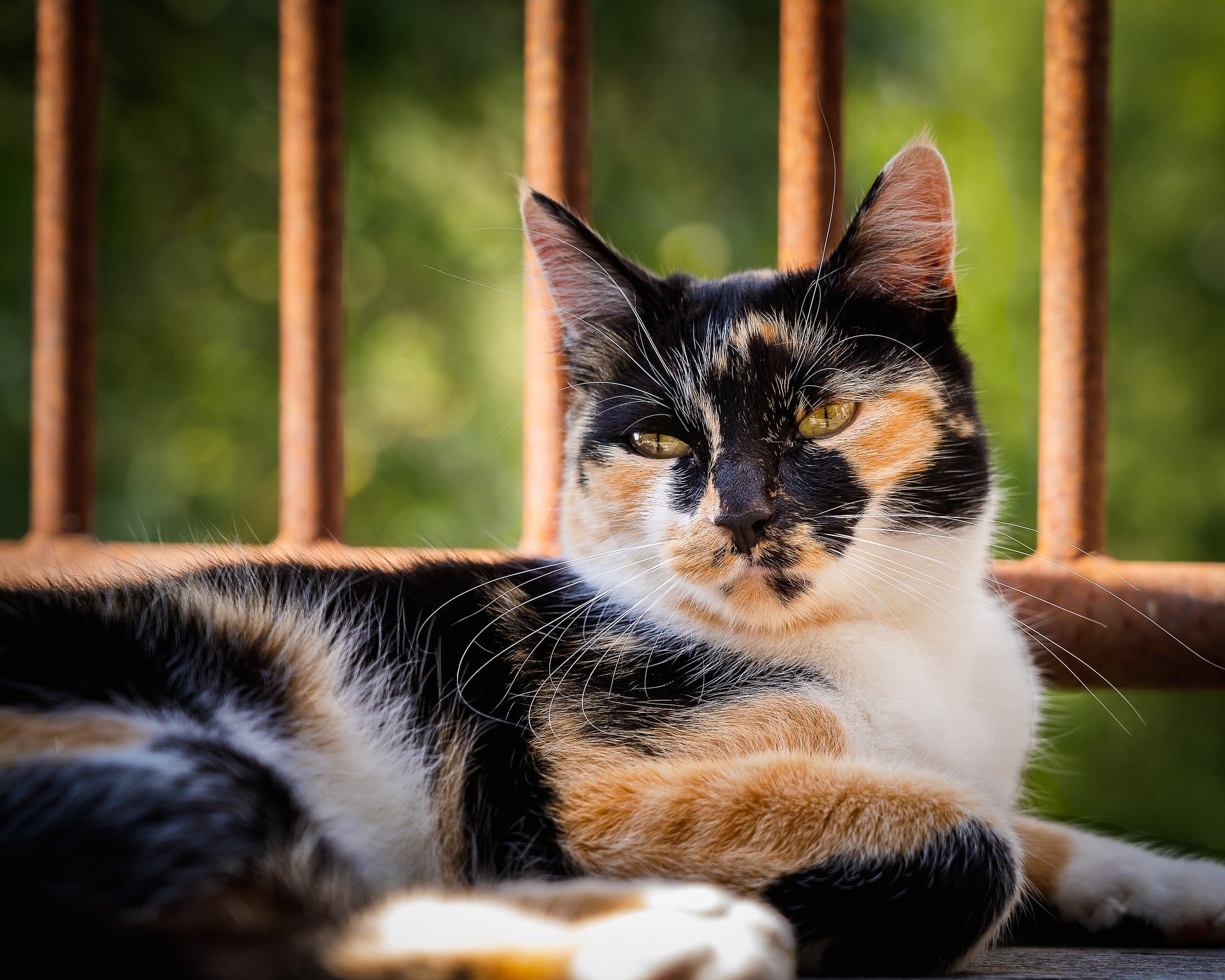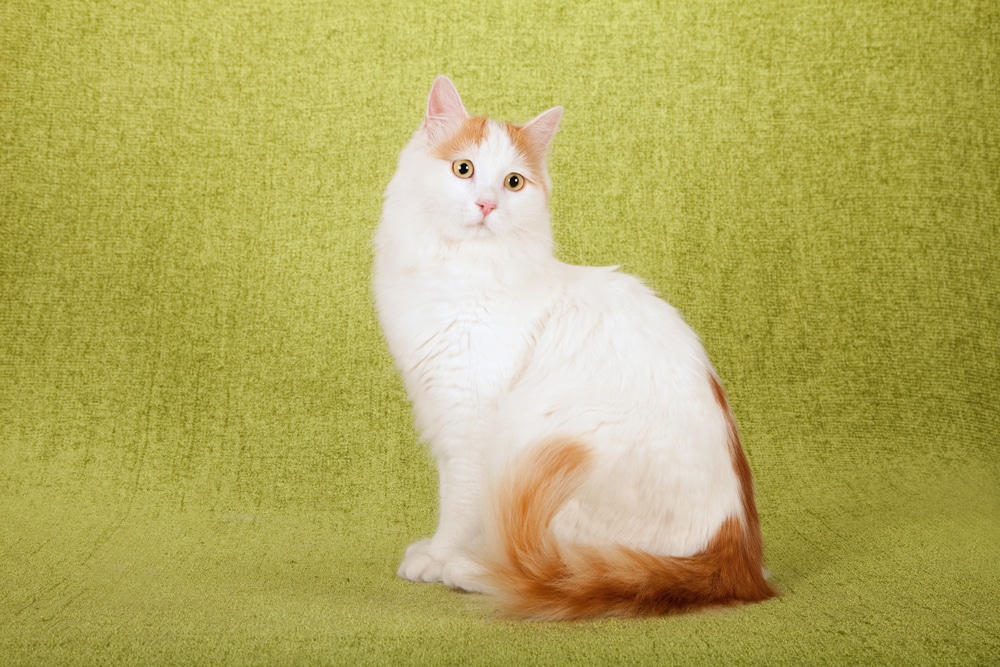The Aphrodite cat, hailing from Cyprus, is a high-energy feline with a love for cuddling and adventure. These majestic creatures boast an interesting history tied to the island of Cyprus. Their remarkable ability to adapt makes them perfect for families or active singles. Known for their loyalty, they form lasting bonds with their human companions. However, their high prey drive makes them unsuitable for households with small pets.
Aphrodite cats are quite the fascinating breed. These energetic furballs come from the mountains of Cyprus and are known for their large, muscular bodies. Despite their size, they’re incredibly affectionate and thrive in family settings. Their history is rich with tales of assisting humans, deriving from what some say are ancient cats native to the island, though others argue they’re descendants of feral kitties that adapted to the rugged landscape. The International Cat Association recognized them officially in 2017.
With their long hind legs and thick coats, Aphrodite cats are built for adventure and cold climates. They have an innate ability to adapt, making them suitable for a variety of environments, provided they have the basics—food, water, and shelter. While their size can be intimidating, their friendly and loving nature more than compensates, making them delightful companions for singles or families.
These cats are known for their playful and calm demeanor. Unlike most cats, the Aphrodite enjoys following family members around, participating in everyday activities, almost like a dog. They mature slowly, reaching full adulthood around three years, and exhibit a strong loyalty to their humans. Their quiet nature is punctuated by a meow when they want something, ensuring their needs are heard.
Ideal for families with children, Aphrodite cats are patient and form lifelong bonds with little ones. They thrive in lively households, enjoying the interactions with both people and other pets. However, their high prey drive makes them unsuitable roommates for small animals like rodents and reptiles. Their hunting instincts are deeply ingrained, dating back to their legendary origins where they were reputed snake hunters.
Feeding these magnificent cats requires attention to diet. They need a protein-rich, low-carbohydrate diet. Dry food works well, supplemented with wet food for moisture. Water intake is crucial, especially since their natural environment involved hydration from prey; a cat fountain might be beneficial to keep them happily hydrated.
The active lifestyle of an Aphrodite cat requires ample space and mental stimulation. They’re natural climbers, so a hearty cat tree and puzzle toys can keep them entertained. Grooming is another consideration, with daily brushing recommended to keep their coats in tip-top condition—an easy task for a cat that enjoys engaging with its human.
Health-wise, you won’t have many worries. As a natural breed, the Aphrodite is pretty robust, with few health issues. But as always, regular vet check-ups and good care will ensure they live a long, healthy life. Owners might notice a difference between males and females in terms of size, with males generally being larger.
Fun facts about these cats include their history as pest controllers in monasteries and a mythical tale involving Helena of Constantinople. Their charm and uniqueness have rightfully made them a beloved breed among cat enthusiasts.
The Aphrodite cat is an exceptional companion for those who value a blend of playfulness and loyalty.
